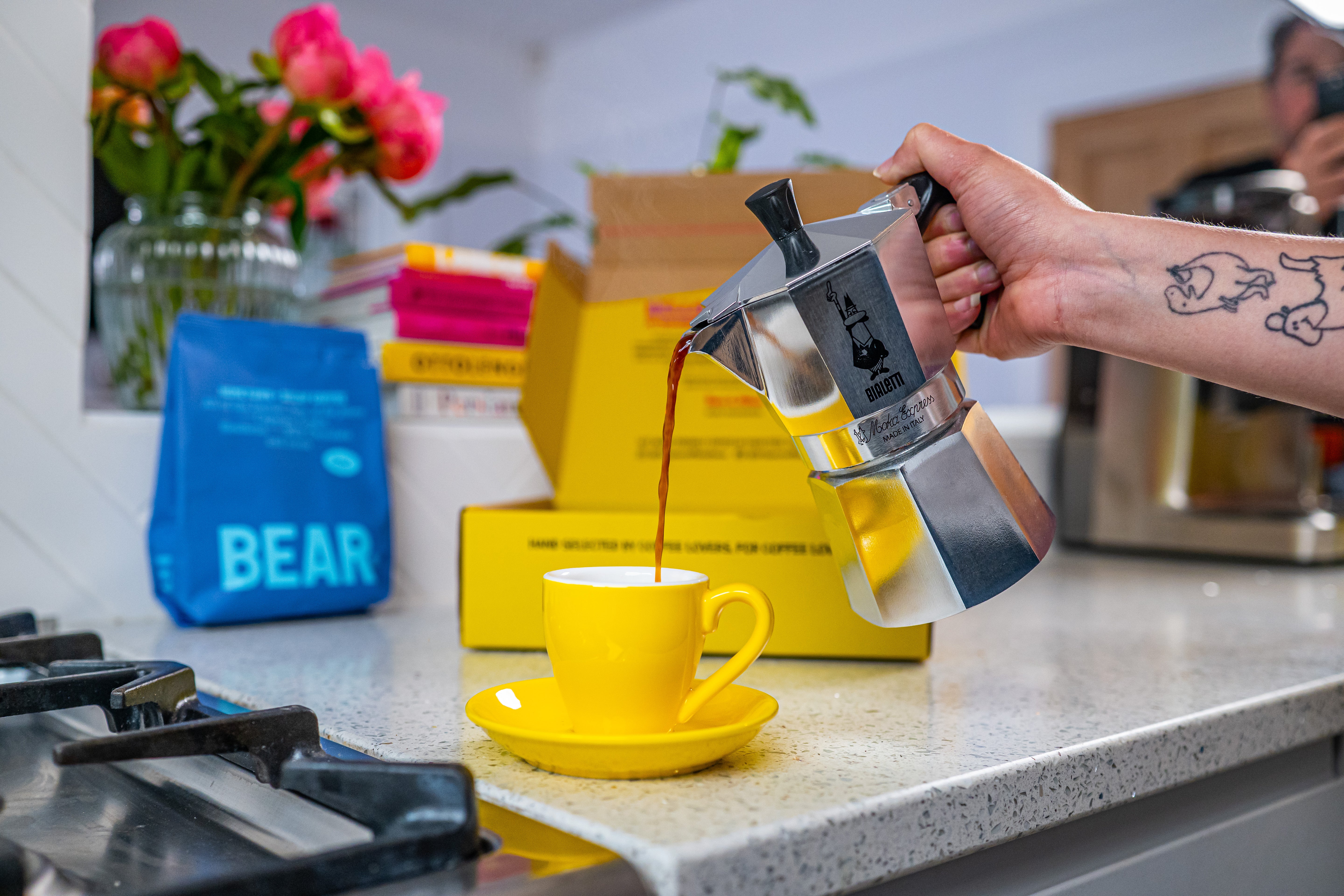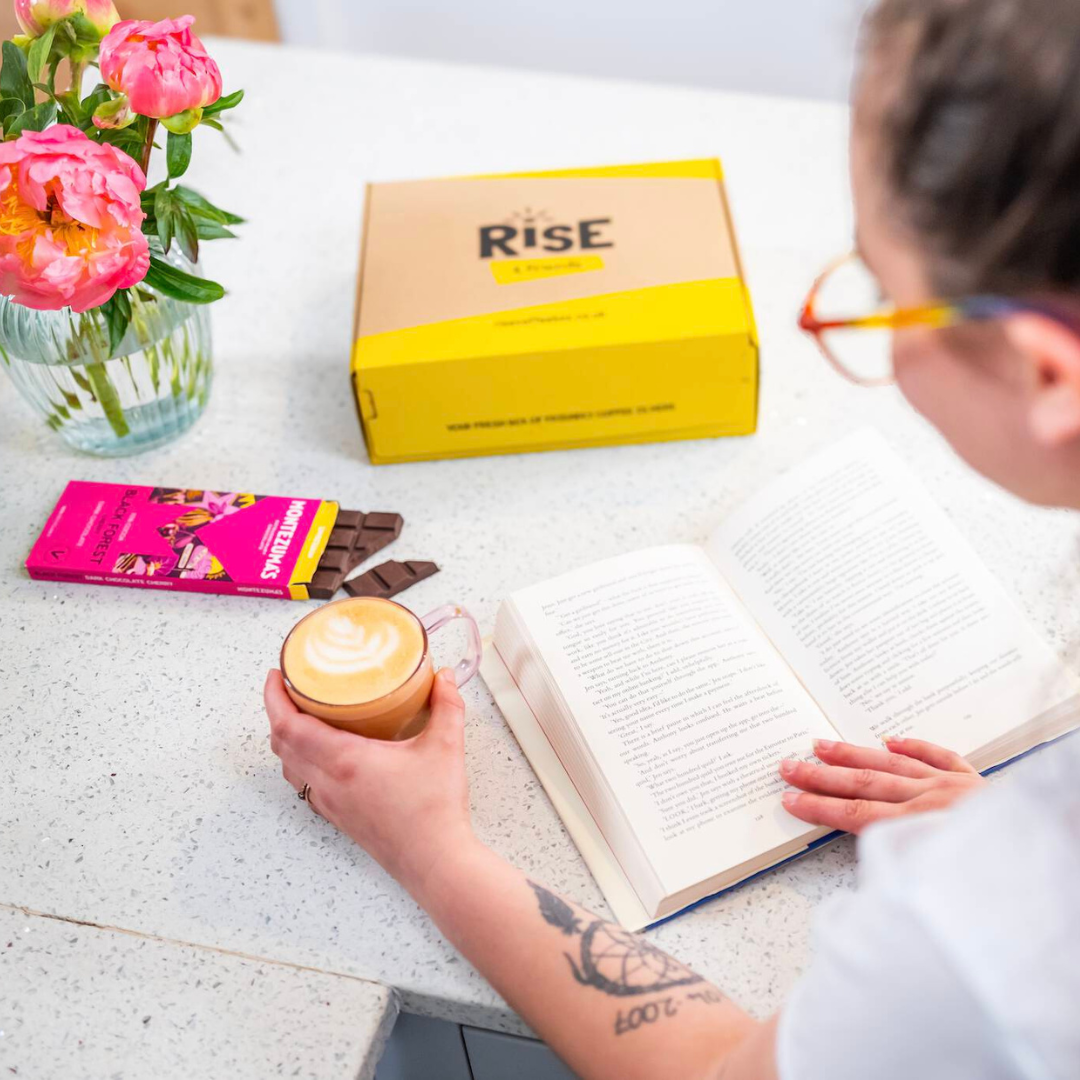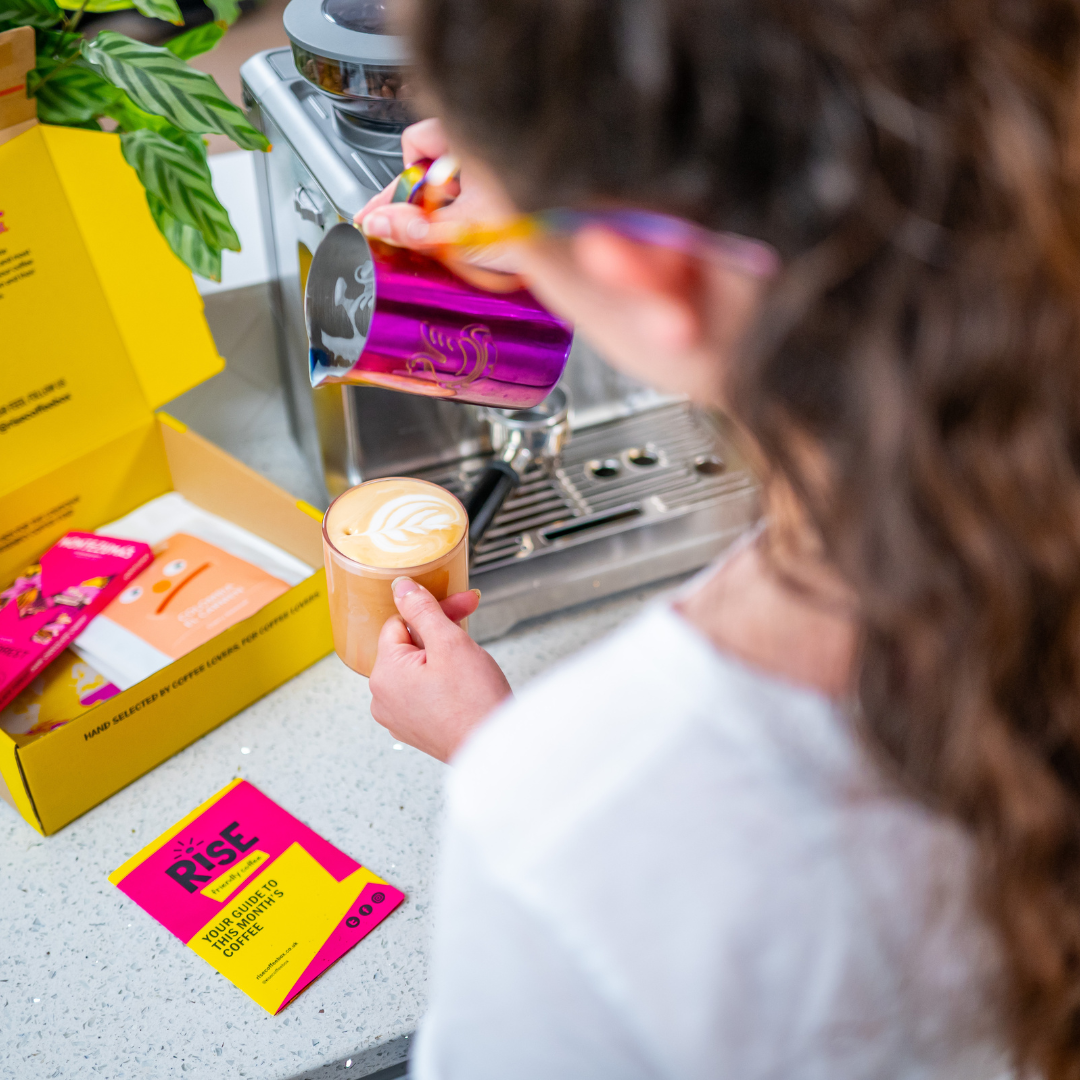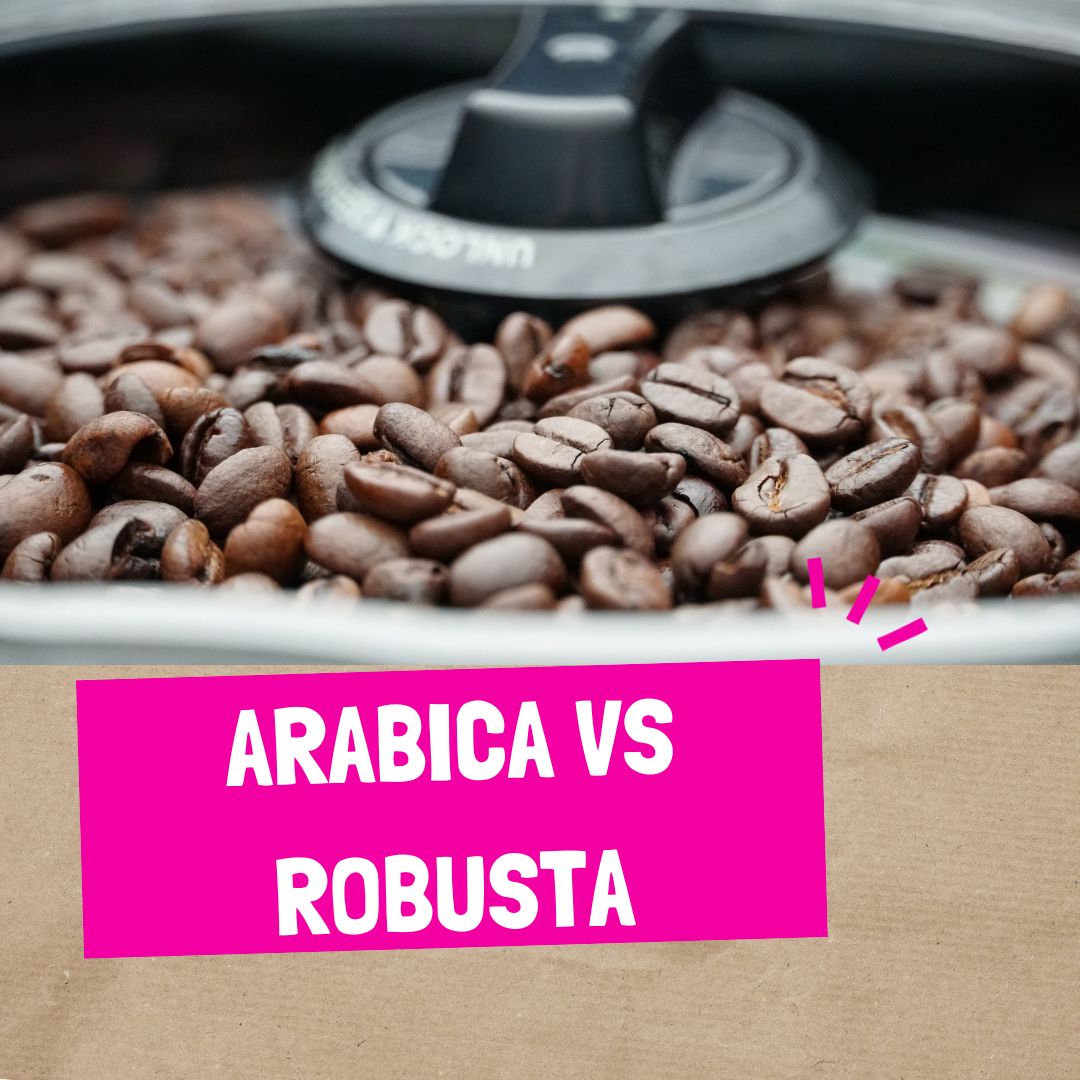Why Does My Coffee Taste Sour? Here’s How to Fix It!
Ever brewed a cup of coffee, taken a sip, and been hit with a sharp, sour taste instead of the rich, smooth flavour you were expecting? Don’t worry; you’re not alone! Sour coffee can be a real let down, but it’s also a common issue with some simple fixes. Let’s dive into why your coffee might taste sour and what you can do to get that perfect cup every time.
The Science Behind Sour Coffee
First, let’s understand what makes coffee taste sour. Sourness in coffee is usually a sign that something has gone wrong in the roasting or brewing process, often pointing to an imbalance in extraction, roasting, or even the water you’re using. Coffee naturally has a variety of acids, which contribute to its flavour complexity. However, when these acids aren’t balanced out by the natural sweetness and bitterness of the coffee, you’re left with that unpleasant sour note.
Common Causes of Sour Coffee (And How to Fix Them!)
Here are some of the most common reasons your coffee might taste sour and how you can easily fix them:
1. Under Extraction: A Quick Fix
Under-extraction occurs when water passes through your coffee grounds too quickly, not allowing enough time to extract all the flavours. You’re left with an unbalanced cup that leans too heavily on acidity.
How to Avoid It:
- Grind Size Matters: For pour-over, try a medium grind size. If you’re brewing espresso or using an AeroPress, go for a finer grind. With a French Press, stick with a coarse grind, but make sure you’re steeping the grounds for around four minutes to ensure balanced extraction. Luckily your RISE box and our Ugandan coffee is ground based on your preference, so you should be good to go!
- Adjust Your Brew Time: If your coffee is too sour, try extending the brewing time to allow more flavours to develop. Check our monthly brew guide in your RISE box for perfect timing tips!
2. Over-Roasting: Not All Beans Are Equal
Over-roasting can lead to a harsh, sour taste in your coffee. If your beans are roasted too dark or too fast, the natural flavours can be masked by a bitter, burnt taste that can also seem sour.
How to Fix It:
- Avoid Dark Roasts: At RISE, we work with speciality roasters who carefully select their roast profiles to highlight the unique flavours of each bean. They tend to be medium but we occasionally feature lighter roasts or medium-dark roasts. Experiment with different roast levels to find your sweet spot.
- Mind Your Grind: Over-roasted beans may also need a more refined grind. Adjust your grind size based on the brewing method you use.
3. Water Quality: It Makes a Difference!
Believe it or not, the water you use plays a significant role in how your coffee tastes. If the water is too acidic (with a pH lower than 7), it can contribute to a sour taste.
How to Improve It:
- Use Filtered Water: Try brewing with filtered or pH-neutral water. You can get a special tap installed or simply use a 5 litre bottle of filtered water for your coffee brews. If you can, avoid tap water that might be too acidic or contain minerals that affect the taste.
4. Overheating: A Common Mistake
Leaving coffee on a heat plate or reheating it can also make it taste sour or burnt. Heat alters the chemical composition of your brew, so it’s best enjoyed fresh.
How to Prevent It:
- Brew Fresh: Whenever possible, make a fresh cup instead of reheating. If you’re making a Moka pot, be careful not to let it sit on the stove too long! If you’re making a cafetiere, let the water come off the boil for about 30 seconds before you pour it on the grounds.
5. Too Fresh to Drink? Believe It!
Yes, coffee beans can actually be too fresh. Coffee beans need time to "de-gas" and settle after roasting. Brewing too soon can result in a sour, acidic taste.
How to Handle It:
- Wait a Few Days: Give your beans a few days to rest after roasting. Many speciality roasters, like the ones we feature in our RISE boxes, let their beans sit for a week before serving for the best flavour.
6. Personal Taste Preferences: Find Your Flavour!
Sometimes, it’s just a matter of personal taste! If you’re new to speciality coffee or transitioning from dark roasts, the bright, fruity notes in lighter roasts might seem sour. But stick with it! You will start to taste the different tasting notes coming through after a few cups.
How to Train Your Palate:
- Start Slow: Try moving gradually from dark roasts to medium roasts, and then explore lighter options. You'll soon appreciate the wide range of flavours speciality coffee has to offer!
See Ya, Sour Coffee!
There you have it! Sour coffee doesn't have to be a mystery or a disappointment. With the right adjustments, you can quickly turn that sour sip into a rich, balanced brew. Remember, coffee is all about exploration and finding what works best for you. Don’t hesitate to experiment with different methods and beans until you find that perfect cup!

MONTHLY COFFEE DELIVERED TO YOUR DOOR






























Leave a comment